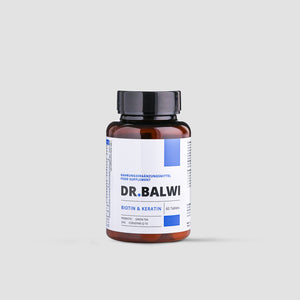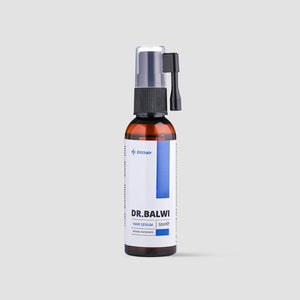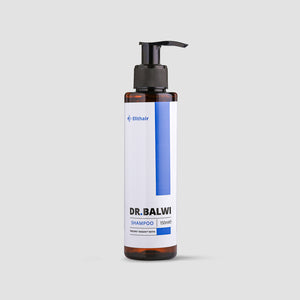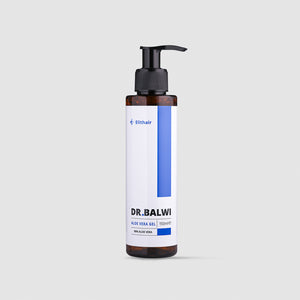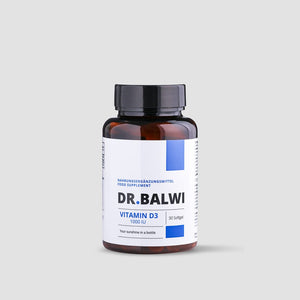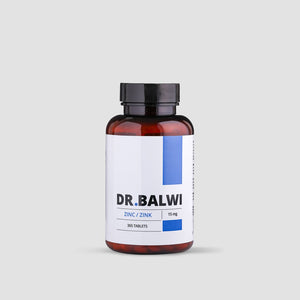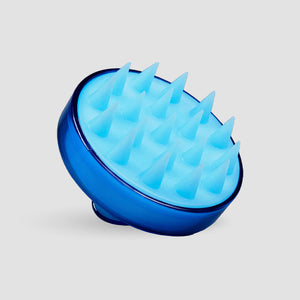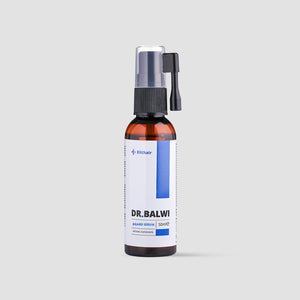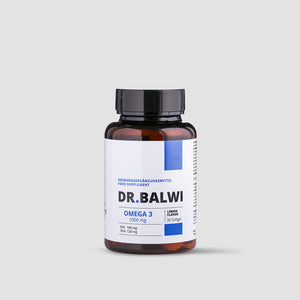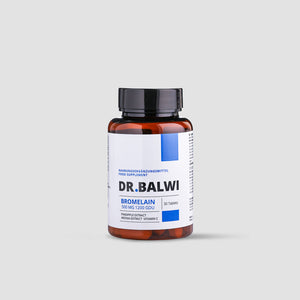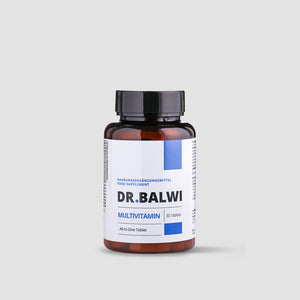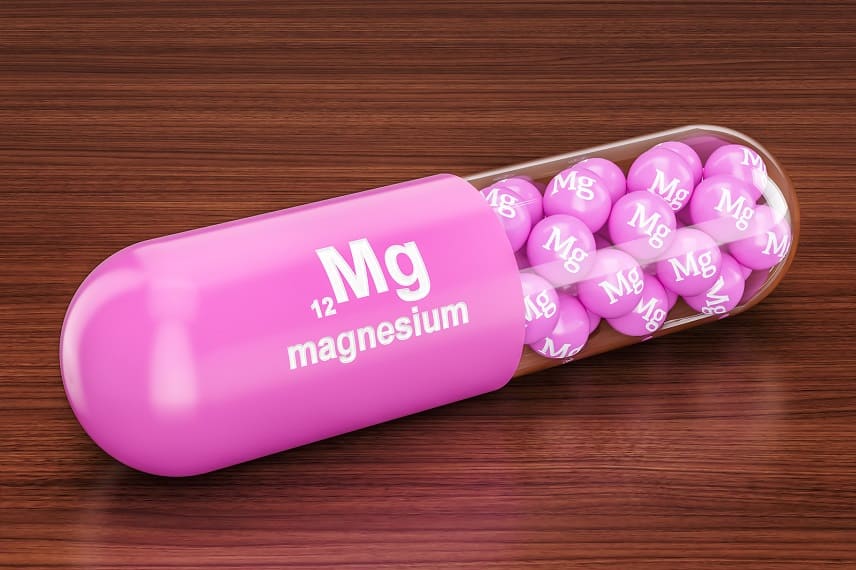
Can hair loss be caused by mineral deficiency?
Table of contents
- Why is hair loss caused by a mineral deficiency?
- Lack of iron leads to oxygen deficiency
- Without zinc, hair becomes weak
- Selenium reduces damage caused by free radicals
- Magnesium is important for hair formation
- What helps with persistent bald patches?
- Conclusion: Hair loss due to mineral deficiency can be treated
Why is hair loss caused by a mineral deficiency?
You may be wondering why hair loss can be caused by a mineral deficiency. This is because minerals are necessary for many bodily processes, including the formation and maintenance of healthy hair .

A mineral deficiency can therefore cause hair to thin, fall out, or grow more slowly. Some minerals, such as zinc and copper, play an important role in the production of keratin, the main component of hair. Other essential nutrients, such as magnesium and selenium, are essential for hair follicle health and can help reduce damage.
If the body doesn't get enough minerals to carry out these processes, it can lead to hair loss. It's therefore important to have a balanced diet rich in minerals to prevent deficiencies .
Lack of iron leads to oxygen deficiency
One of the minerals important for hair health is iron. Iron deficiency is a common cause of hair loss. Iron is an important component of hemoglobin , the red blood pigment that transports oxygen to cells. Without sufficient oxygen, hair follicles cannot function properly, and hair can fall out.
As mentioned above, hair follicles need oxygen to function properly. A lack of oxygen can cause hair loss. Oxygen deficiency can be caused by various factors, such as poor circulation or conditions like anemia.
If you suspect that your hair loss is due to a lack of oxygen, you should consult a doctor to determine the cause and receive appropriate treatment.
Without zinc, hair becomes weak
An important mineral in this context is zinc, as it is essential for the formation and maintenance of healthy hair .
A zinc deficiency can lead to less hair being produced, hair falling out, or slower growth. Zinc deficiency can play a role , especially in women who suffer from diffuse hair loss.

If hair loss is due to a mineral deficiency, it is important to treat this deficiency specifically. A balanced diet with zinc-rich foods such as nuts, legumes, whole grains, and meat can help prevent zinc deficiency. If a deficiency already exists, a doctor can recommend appropriate supplements.
Selenium reduces damage caused by free radicals
Selenium is an important mineral for the health of the body and plays a role in many bodily processes including skin, hair and nails.
Selenium is particularly important for hair health because it can help reduce damage caused by free radicals . Free radicals can damage hair and lead to premature aging.
Selenium is also an important component of antioxidants, which help protect the body from oxidative stress . A selenium deficiency can lead to hair loss, brittle nails, and dry skin.
Selenium can be obtained through a balanced diet by including animal products such as fish and seafood, and foods such as nuts and seeds. However, an overdose of selenium can lead to health problems, so the use of supplements should always be done in consultation with a doctor.
Magnesium is important for hair formation
Magnesium is also an important mineral that is vital for the body. A magnesium deficiency can cause hair to become brittle, fall out, or grow more slowly.
Magnesium plays a role in regulating protein synthesis , which is necessary for hair formation. Furthermore, a magnesium deficiency can also lead to muscle cramps, nervousness, and fatigue.

A magnesium deficiency can be caused by various factors, such as an unbalanced diet or a chronic illness .
A diet rich in magnesium-rich foods such as whole grains, nuts, green vegetables, and legumes can help prevent a deficiency in a completely normal way. If a magnesium deficiency is suspected, a doctor can perform appropriate tests and, if necessary, recommend dietary supplements.
What helps with persistent bald patches?
If the bald spots on your head are permanent because the roots have already died, there is only one way to grow new hair there: a hair transplant .
Dr. Balwi and his team at Elithair always perform hair implantation using the proven FUE method for individual hair follicle extraction and an implantation technique appropriate for your specific situation. The DHI, SDHI, and Sapphire methods, in particular, show particularly good results.
The final result of the hair transplant is visible after approximately 12 months. The treatment is the only truly effective method for regrowing new hair, even in areas where the hair roots have already died.
Conclusion: Hair loss due to mineral deficiency can be treated
Overall, a mineral deficiency can lead to hair loss . If you suspect that your increased hair loss is due to a mineral deficiency, you should consult a doctor.
A balanced diet is the best way to ensure adequate mineral intake for healthy hair. If hair loss is irreversible, a permanent solution is needed.
A hair transplant can effectively and permanently promote new, healthy hair growth . Your Elithair experts will be happy to advise you on your individual options.

